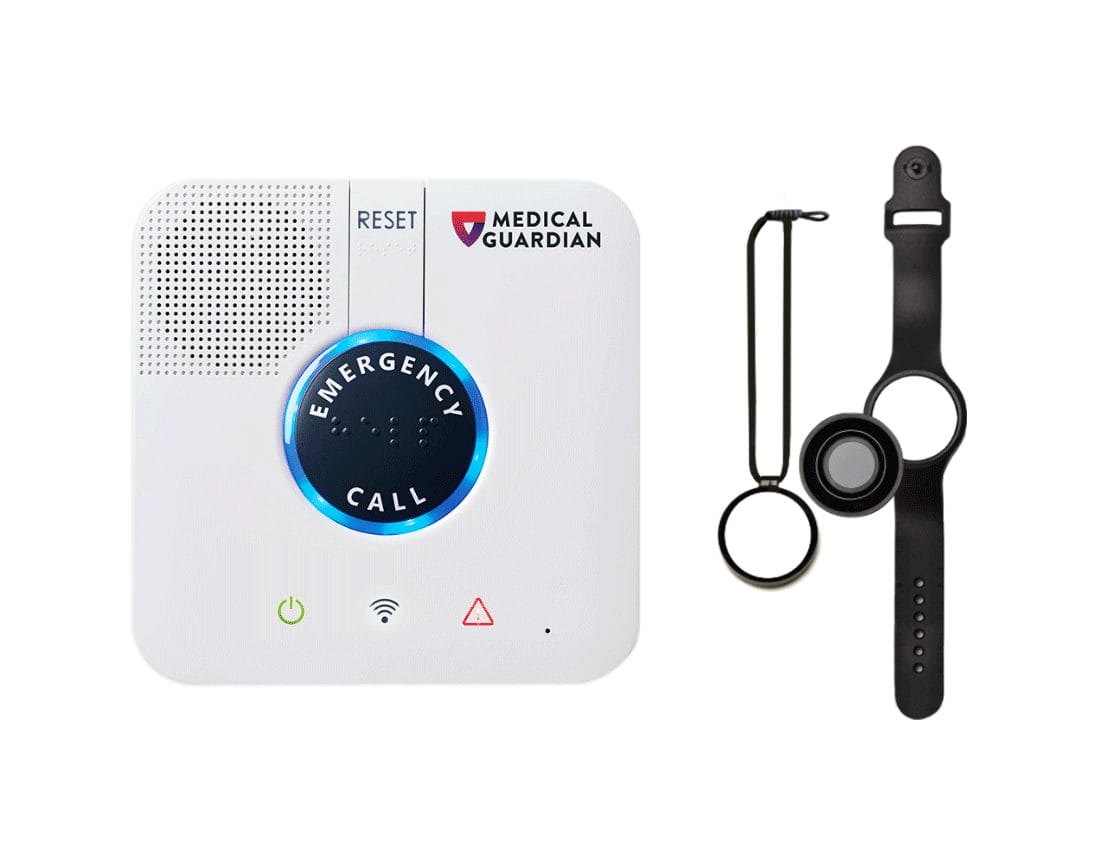[Last updated November 6, 2023]

Tax preparation for seniors can be confusing and often difficult. After all, many seniors have several forms of income, such as Social Security, retirement account distributions, pensions, and investment income, just to name a few. On top of that, navigating the filing process can be challenging. To alleviate some of your tax-related stress, we’ve compiled a list of things seniors can do to prepare for tax season.
Do seniors have to file taxes?
Unfortunately, this answer isn’t as clear as you’d think. In short, it depends. As with anything tax-related, your circumstances are going to dictate whether or not you will have to file a tax return as a senior.
For tax year 2023, those 65 and older typically will not have to file a tax return if they earned less than $15,700 as a single filer or $29,200 for married people filing jointly in nonexempt income. You will have to research how much money you have earned to determine whether you need to file a tax return, and you can also see some other requirements here. You can also use the Internal Revenue Service (IRS) interactive tool to determine if you need to file taxes.
Make sure you’ve taken any required minimum distributions
If you have any tax-advantaged retirement accounts, such as a traditional 401(k) or individual retirement account (IRA), you may have to take a required minimum distribution (RMD). Typically, RMDs are only required once you turn 73, so these may not apply to you, but it’s important to be aware of this requirement. If you don’t take an RMD when you’re required to, the amount you were required to withdraw will be taxed at a rate of 25%.
Determining whether you need to take an RMD and calculating your RMD can be tricky. The IRS provides an in-depth overview of who is subject to RMDs and resources to help you calculate your RMD so you can plan accordingly.
Collect the proper tax documents
Before you start working on your tax return, you must assemble the documentation needed to complete it. The documents you need will vary depending on how you earn your income, but the most common ones you’ll need are:
- •Investment profit/loss statements.
- •W-2s.
- •The previous year’s tax return.
- •1099s.
- •Receipts for tax-deductible expenses and donations.
While this isn’t a complete list of everything you’ll need, it will get you started.
When searching for these documents, remember that they probably won’t be ready on the first day of the new year. Often, it can take the companies that generate documents like W-2s and 1099s a couple of weeks (sometimes a couple of months) to send you the document. You can usually expedite this process by allowing electronic delivery of these documents.
Maximize your tax breaks
Once you have the necessary documents in order, you should look at the numerous deductions and credits for seniors. There are quite a few available, so you should take advantage of them if you can. After all, reducing your tax burden will free up money you can spend on living expenses or the cost of senior care services.
Remember, there is a difference between a tax credit and a tax deduction. A tax deduction is a reduction of your taxable income, meaning that for each dollar deducted, you will only reduce your federal tax burden by somewhere between $0.12 and $0.37 (depending on your tax bracket). A tax credit is a dollar-for-dollar reduction in your tax burden, meaning a $1 credit reduces your tax burden by $1.
Determine who will file your taxes
When preparing for tax season, one of the most important decisions you will make is who will file your taxes. Most seniors have three choices regarding who will file their taxes: themselves, a loved one or family member, or an accountant. Below, we’ve outlined the benefits and drawbacks of each method of filing taxes.
Filing taxes yourself
While filing your taxes yourself is cheaper than hiring an accountant and doesn’t require anyone else’s help, it can be difficult to do correctly. Those with multiple income streams may find doing their taxes by themselves confusing. If you’re willing to accept the challenges that come with filing your taxes by yourself, some resources can make the process easier, such as online filing programs like TurboTax or the IRS Free File. The IRS Free File is a free, guided resource for those earning $73,000 or less. Free File Fillable Forms are free electronic tax forms available for those who make more. Note that this option does not provide guidance.
Enlisting a family member or loved one’s help
Enlisting a family member could be a great solution for those who don’t want to file their taxes by themselves. Family members or loved ones typically will help you file your taxes for free, but they might not have the expertise needed. Those who have more complex tax returns might not want to rely on themselves or a family member for their tax returns.
Hiring an accountant
Hiring an accountant is the best option if you have more complicated tax returns or you simply want the peace of mind that comes with working with a professional. When you work with an accountant, regardless of the complexity of your tax return, you can rest assured knowing your tax return has been submitted correctly. Unfortunately, this does come with a price, with a basic return typically costing a few hundred dollars and a complex return typically costing more.
Beware of scammers
Every year, online scams become more prevalent, so staying vigilant is critical. In 2022, financial fraud increased by more than 30% to $8.8 billion compared to 2021. It’s more important than ever to be on the lookout for those trying to steal your hard-earned money.
If you receive any communications from someone claiming to be a representative of your bank or the IRS, it’s a good idea to stop communications and reach out to the respective entity yourself. Call either your local bank or the IRS at 1-800-829-1040 to speak to someone you know you can trust.
Remember that the IRS typically communicates to people only through the mail. An IRS agent calling you or showing up at your door is rare, so make sure you are wary if an “IRS agent” calls or visits you.
The bottom line
Although the tax deadline isn’t until April 15, 2024, that date can creep up quickly once the new year comes. When you figure out whether you even need to file taxes, gather the right documents, learn what kinds of credits or deductions you can take as a senior, and determine who will file your return, you’ll have a lot of the prep work done. By preparing for tax season, you can meet the deadline with less stress and more success.








